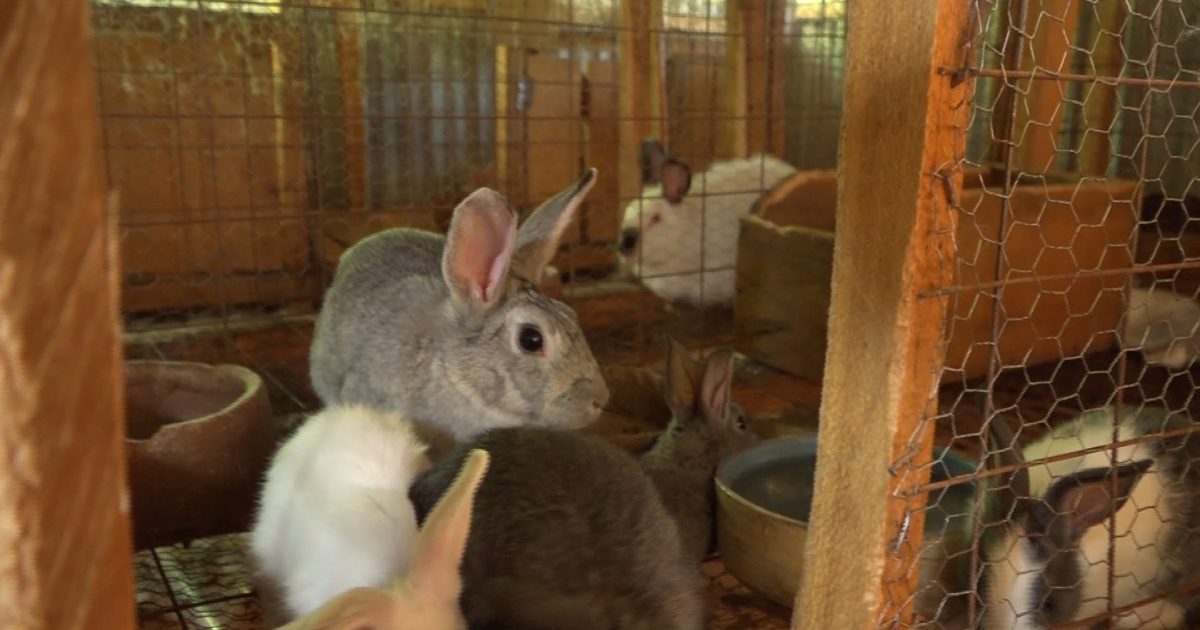A livestock officer in Igembe South sub-county has advised residents to shun long-held myths about rabbit farming and consumption and urged them to embrace rearing the bunny for its numerous health, economic, and agricultural benefits.
Speaking to KNA, Benjamin Inanga Koome noted that various myths and misconceptions have been a great hindrance to the adoption of rabbit farming in the region.
“Many people hold the belief that rabbits are only meant as a pet for small boys and equate eating rabbit meat to eating rodents,” Inanga said and dismissed the notions as baseless myths that should be done away with.
He reiterated that rabbit meat is among the healthiest sources of protein, adding that its lean meat is low in cholesterol and rich in essential nutrients such as vitamin B12 and omega-3 fatty acids, which help deter lifestyle diseases.
“Rabbit meat is very healthy compared to red meat, which is high in fat and cholesterol, and it’s friendly to individuals who want to manage health conditions like cardiovascular diseases,” Inanga stated.
The livestock officer encouraged residents to take rabbit farming as a viable business opportunity, noting that its products can also be sold, for instance, the skin, urine, and manure.
“Rabbits’ droppings make excellent organic fertiliser that can improve soil fertility and boost crop yields. Its urine is used as a natural pesticide since it repels pests such as caterpillars, hence minimising the use of chemical pesticides in crop production,” Inanga said.
He also clarified that rabbit farming requires minimal space; they consume less feed compared to other livestock and reproduce very quickly.
On the best breed for commercial farming, Inanga recommended breeds such as the New Zealand White, Californian White, and Flemish Giant, adding that they are best known for their high growth rates, adaptability, and quality meat production.
He further urged residents to put aside the cultural myths surrounding rabbit rearing and consumption.
“Rabbit farming is a modern, profitable, and sustainable business, and it’s not a juvenile activity, and eating its meat is not taboo,” he averred.
The livestock officer noted that currently there is a high demand for rabbits and their by-products, hence the need for the residents to take advantage of the opportunity.
He advised interested groups that his office is always available to offer extension services on feeding programmes and proper structures for the bunnies.
Rabbits require a well-structured hutch with proper ventilation, and it should be raised above the ground to avoid pests and other predators.
On the feeding programmes, he said rabbits feed on different foods depending on their age; for instance, the growers require high-pellets, and leafy greens can be added to their diet while the adults are fed with hay grass for digestion and vegetables such as kales and carrots, which should be free of chemicals.
By Kamanja Maeria




